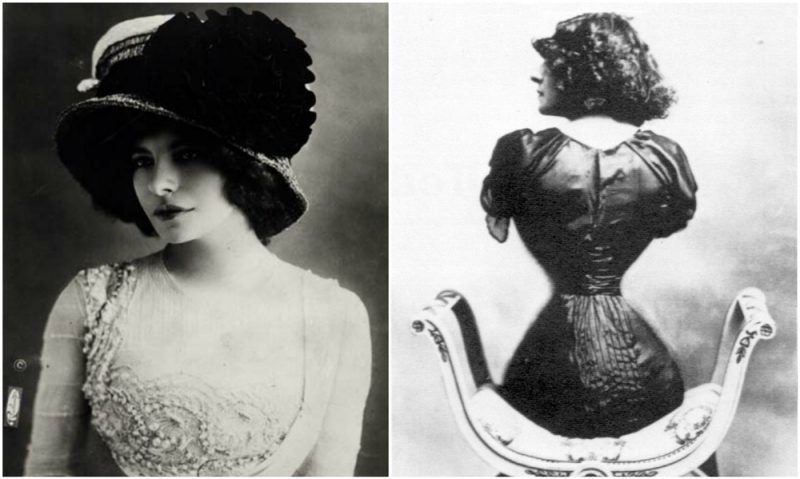Emilie Marie Bouchaud, or often referred to as Polaire, was a French woman worth recognition. Despite the bad faith she faced, Polaire built a booming career and became an eminent actress and singer.
Polaire was born in Agha, Algiers, to a poor family, and was one of the eleven children of whom only four survived infancy. Her father died when she was five, and her mother started seeing another man who allegedly molested Polaire, according to the writings in her memoirs.
After her mother started seeing the man, together with him, the family moved to Paris. However, Polaire was sent back to her grandmother in her birth town, once her sister Lucile fell sick. Borgia, her mother, and one of Polaire’s brothers, Edmond, remained in Paris as her only surviving family.
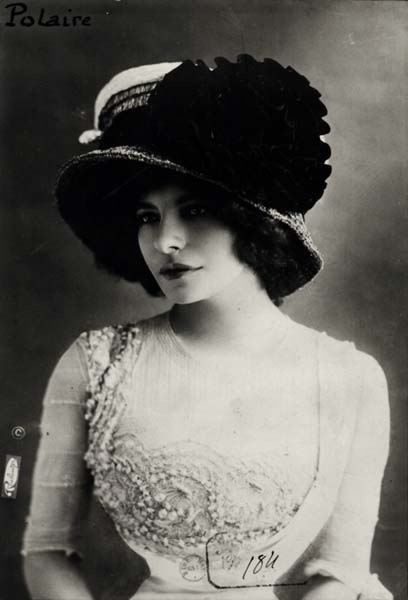
Polaire couldn’t settle down and tried to rejoin with her mother in France, but afraid of meeting her mother’s boyfriend again, she approached her brother first. Known as a café-concert singer under the stage name Dufleuve, he helped her to break through the music industry and successfully pass the first audition of becoming a café singer herself.
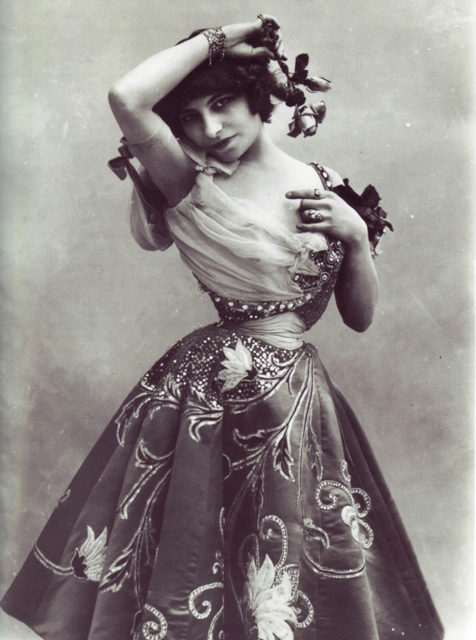
Starting her career at the age of 17 as a café singer was a tricky move for a young woman to make at the time, but some people were born stars and Polaire was one of them. She successfully built a career in the entertainment industry that spanned over 30 years, between the early 1890s and the mid-1930s.

Adopting the stage name ‘Polaire’, the young, ambitious woman transformed herself from a café singer into a music-hall singer and actress over time. After many less successful appearances in 1895 across the United States, Polaire returned to Paris, where she made her first major appearance at the Theatre des Bouffes Parisiens, some seven years later.
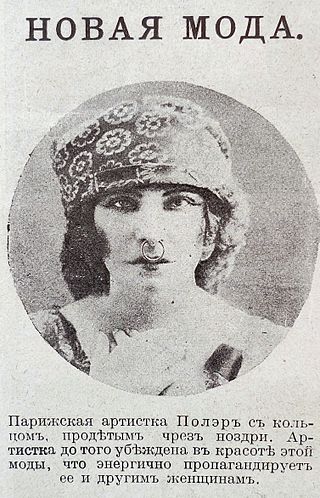
Through playing the title role of a play based on Colette’s Claudine a Paris, the comedian actress became one of the major celebrities of the time, also appearing in several movies with the simultaneous growth of the cinema.
Fifteen years after Polaire’s not so glorious days spent in the United States, she made a major come back as an eminent actress. She even brought a young man with her whom she provocatively referred to as her ‘black slave’, together with a diamond-collared pig named Mimi, and a nose ring for drawing more attention during her visits.
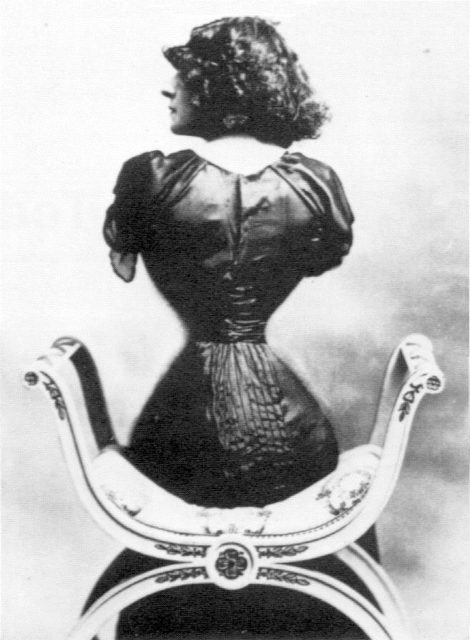
In 1912, she was offered a role in a film directed by the young, up-and-coming director Maurice Tourneur in France. Polaire accepted the role and appeared in six more of his movies between 1912 and 1913.
As her career successfully grew, she returned to the musical stage, making a second major tour around the United States.
Skilled in drawing attention, Polaire was also known for her unusually heavy eye makeup, and her tiny corseted waist, when tightlacing was still a trend. Amazingly, her waist was reported to be no greater than 16 inches, which contributed to her fame. Described as an extravagant woman with immense black eyes, a sensational body, and alluring mouth, Polaire certainly enjoyed being the center of attention.
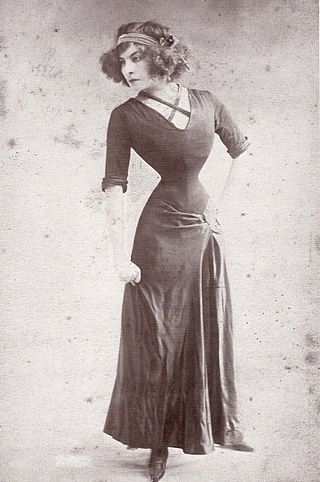
After her frequent appearances in London, Polaire became involved in wartime fund-raising efforts and decided to take a rest from her glamorous, busy life.
Admired by many artists, she became a frequent subject of their painting. Allegedly, Antonio de La Gandara, Henri de Toulouse-Lautrec, Jean Sala, and Rupert Carabin saw the actress as their muse and drew her portrait.
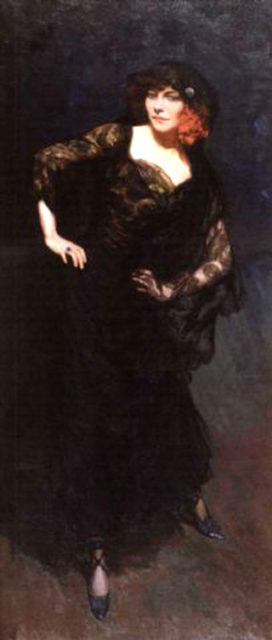
Polaire’s finances suffered from a series of actions by the tax authorities, and as she aged, finding stage and screen roles became increasingly difficult, and so she started suffering from depression.
Read another story from us: Macaroni: The highly excessive fashion trend of the 18th century
Arenes joyous, a movie directed by Karl Anton was the last movie in which Polaire took part in 1935. She passed aways in Champigny-sur-Marne, Val-de-Marne, in France, at the age of 65.
